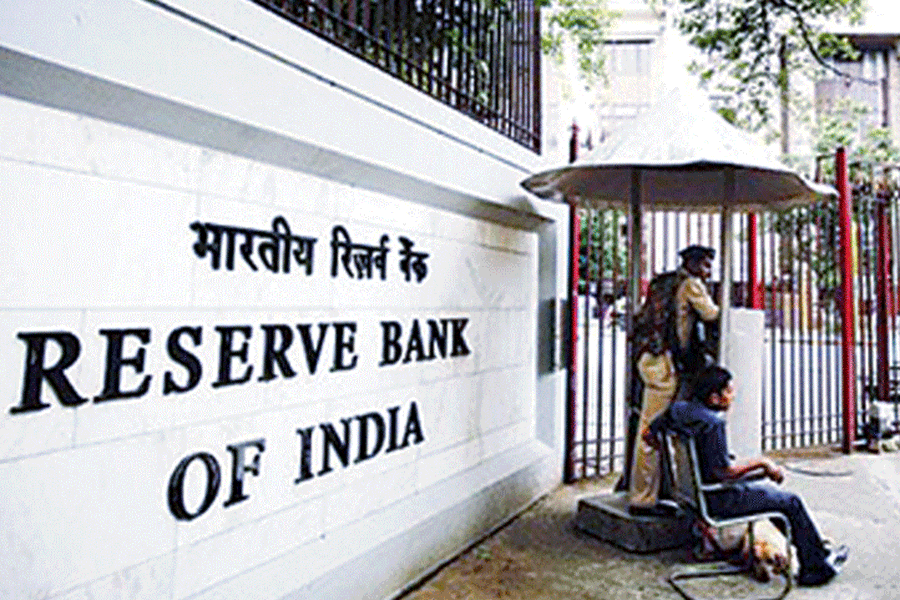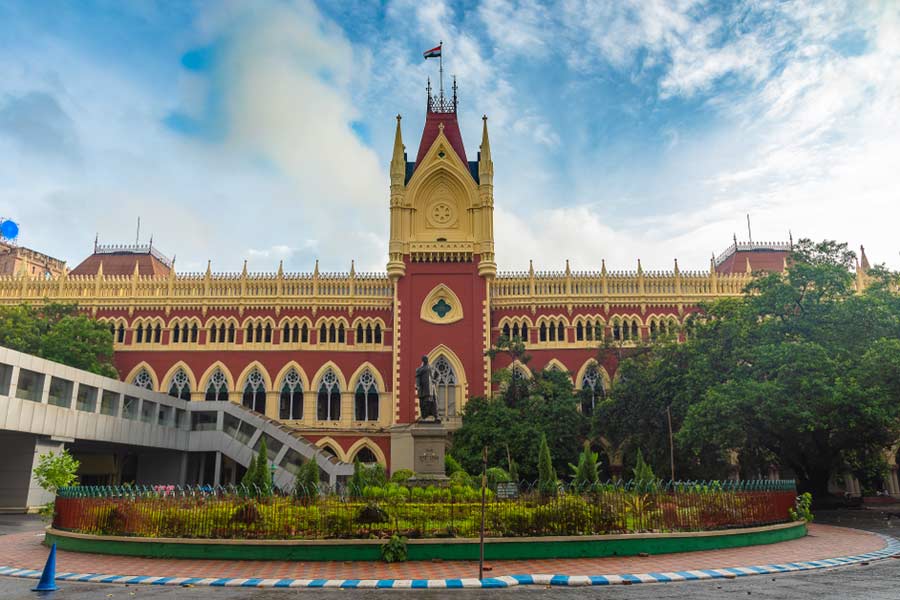Reserve Bank of India (RBI) deputy- governor Swaminathan J on Wednesday said there was a need to look at the resolution of conglomerates and corporate groups as part of the reform agenda of the Insolvency and Bankruptcy Code (IBC).
Swaminathan added there should be a separate resolution framework for financial service providers such as banks, non-banking finance companies (NBFCs) and insurance firms.
Due to the absence of an IBC-like framework, the current bankruptcy code has been used for the resolution of NBFCs.
``From a banker’s and supervisor’s perspective, amongst the various improvements brought in by IBC, the fundamental shift from a debtor in possession to a creditor in control model is perhaps one of the most impactful," Swaminathan said at a meet on stressed assets.
"There is growing evidence to suggest that debtors are avoiding defaults due to a credible threat of loss of control of their businesses," Swaminathan said.
"I believe this improved credit discipline has inter-alia also contributed to the marked decline in the non-performing assets of banks witnessed in the last few years,’’ he said.
Though IBC has significantly transformed the insolvency landscape, it has encountered challenges such as timely resolution.
Swaminathan said the resolution of stressed assets faces obstacles perhaps due to certain operational inefficiencies, leading to delays in the resolution process.
Moreover, concerns have been raised about the infrastructure, staffing, and overall capacity of the National Company Law Tribunal (NCLT) and the National Company Law Appellate Tribunal (NCLAT).










